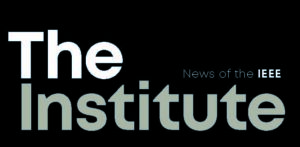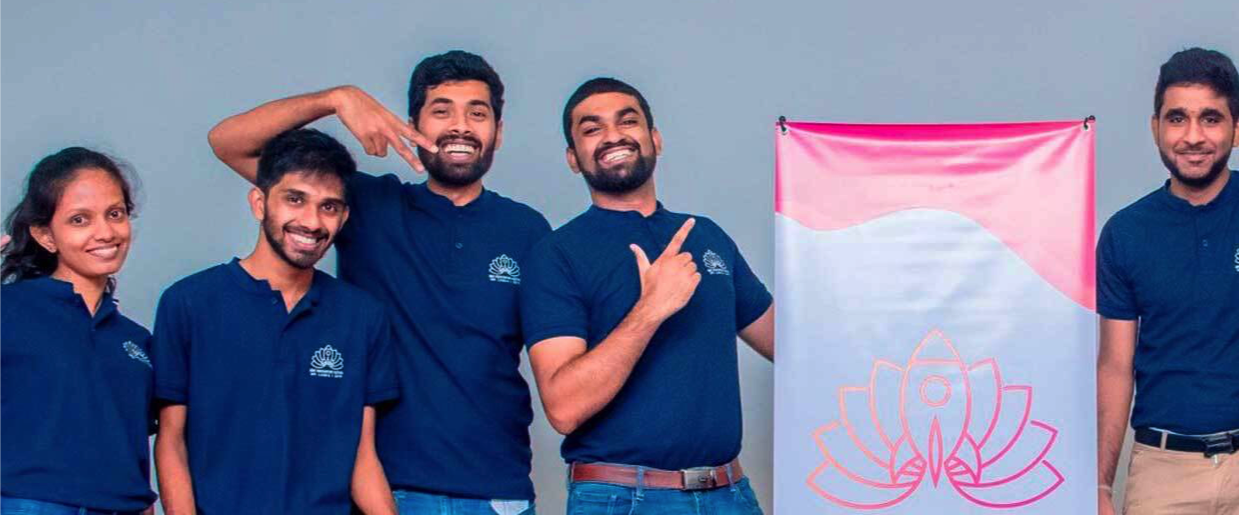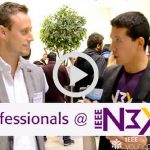Training Program Aims to Boost Startups in Low-GDP Countries
By Kathy Pretz
THE INSTITUTE Many startup founders I’ve interviewed over the years acknowledged that although they had the technical know-how to make a product, they didn’t necessarily have the skills to run a company.
Engineers and technologists often have a difficult time in that regard because they don’t understand what it takes to build a business from scratch, according to my 2019 interview with IEEE Fellow Chenyang Xu, a venture advisor. He said there are a host of things that engineers founding a company need to understand, such as business-model development and finding and securing investors. They also need to be able to communicate well with others.
Getting soft-skills training can be difficult, especially for those in low-income countries. Most of the established university programs for entrepreneurs are in developed countries, and online courses can be expensive.
Several IEEE volunteers who are also budding entrepreneurs decided to do something about the situation. They created Innovation Nation, an IEEE program that provides young entrepreneurs in low-income countries with training and mentorship. Following a pre-accelerator model for early-stage startups, the program helps participants through the entire process, from the initial idea and developing a prototype to launching a company. The program is also supported by IEEE Entrepreneurship program.
Innovation Nation was introduced in Bosnia and Herzegovina in 2017, then Sri Lanka in 2018, and Jamaica and Malaysia last year.
THE PROCESS
Judges who have experience with startups select participants based on the technical strength of their application. If selected, participants are required to take 13 workshops on topics such as researching the market, leading a successful startup, and creating a pitch presentation for investors. Mentoring sessions from experts are included.
After successfully completing the training—which takes about four months—participants receive an IEEE Innovation Nation Fellow designation and a digital badge they can add to their social media profile. They also get a transcript and certification that shows they have completed the training.
 Next, they have to pass a practice pitch session in front of the judges. Those who do so get to compete in a qualifying pitch round and then a final pitch round to prospective investors. The winners receive cash prizes, a small stipend, and IEEE membership. They also get assistance from local accelerators and incubators.
Next, they have to pass a practice pitch session in front of the judges. Those who do so get to compete in a qualifying pitch round and then a final pitch round to prospective investors. The winners receive cash prizes, a small stipend, and IEEE membership. They also get assistance from local accelerators and incubators.
Before the COVID-19 pandemic, all the activities were done in person, but they’re now held virtually.
More than 560 individuals have registered since the program was launched, and more than 50 workshops and mentoring sessions have been held. Fifty teams have made it through the final rounds. The winning startups have run the gamut, including companies focused on agriculture, construction, ecology, health, manufacturing, robotics, and travel.
GRASS-ROOTS EFFORT
The program was modeled after a session held during the 2016 IEEE Student and Young Professional Congress, which took place in Sarajevo, Bosnia and Herzegovina. IEEE Senior Member Eddie Custovic, an IEEE volunteer who helped form the IEEE Bosnia and Herzegovina Section’s Young Professionals affinity group, came up with the idea. Custovic, an entrepreneur and philanthropist who was born in the country but now lives in Australia, is the founder and director of the Innovation and Entrepreneurship Foundry at La Trobe University in Melbourne. The foundry is an interdisciplinary research, development, and commercialization laboratory.
IEEE student members and young professionals who participated in the 2016 innovation session went through an intensive education program on how to launch a business from an idea. Topics included how to conceive a design, how to build a prototype, and ways to validate and evaluate the concept. Participants received mentoring as well, then they presented their innovations to a panel of local and international experts and angel investors.
In Custovic’s blog post about the event for The Institute, he wrote, “Many Bosnians and Herzegovinians have demonstrated their ability to innovate and commercialize scientific and engineering research, but they have done so outside their homeland. That entrepreneurial and innovative culture has not yet thrived in the homeland. In an economy that is plagued by political instability and the inability to provide employment opportunities for youth, I want to encourage them to innovate in order to prosper.”
Custovic wrote that the program provided IEEE with an opportunity to “create an ecosystem in such countries to support the career development of young people and their ideas, play an integral part in increasing youth employment, and bolster economic development. IEEE can engage the next generation of our membership by applying our collective knowledge and leading by example. The Bosnia and Herzegovina event could be used as a model.”
He and other members successfully made their case about launching such a program to the IEEE Board of Directors in January 2017. The Board endorsed the creation of a “global entrepreneurship and innovation ecosystem” and agreed to set up the program in three to five developing countries.
Later that year, Innovation Nation was launched in Bosnia and Herzegovina, followed by Sri Lanka, Jamaica, and Malaysia.
Go to IEEE The Institute to read the complete article.






